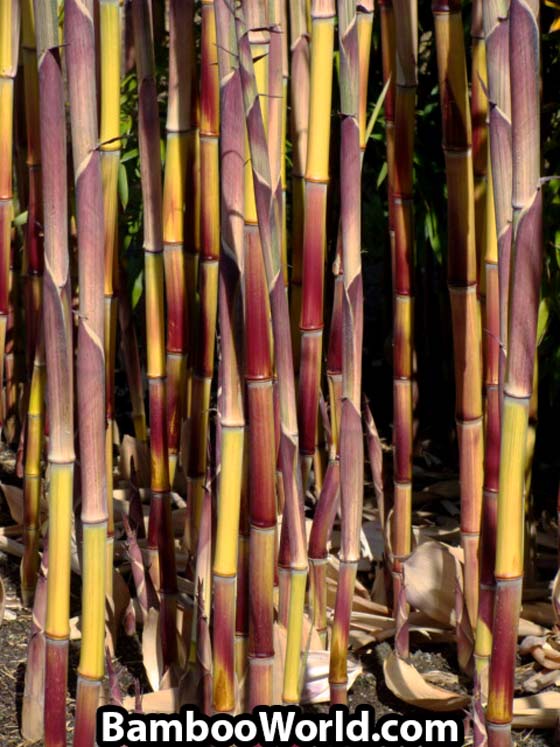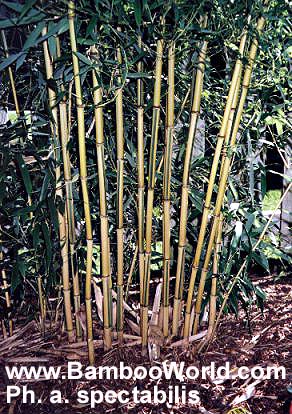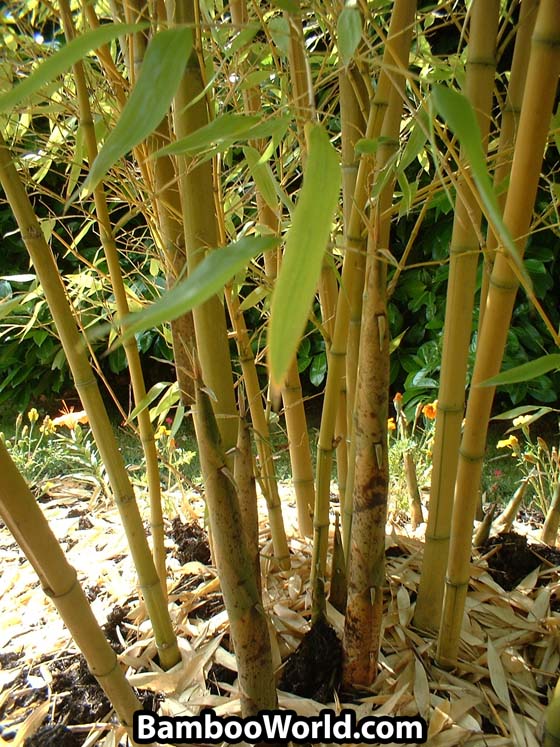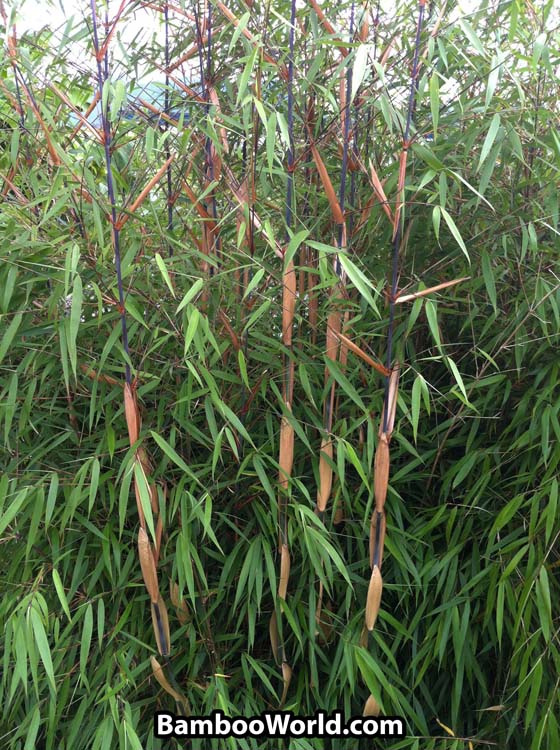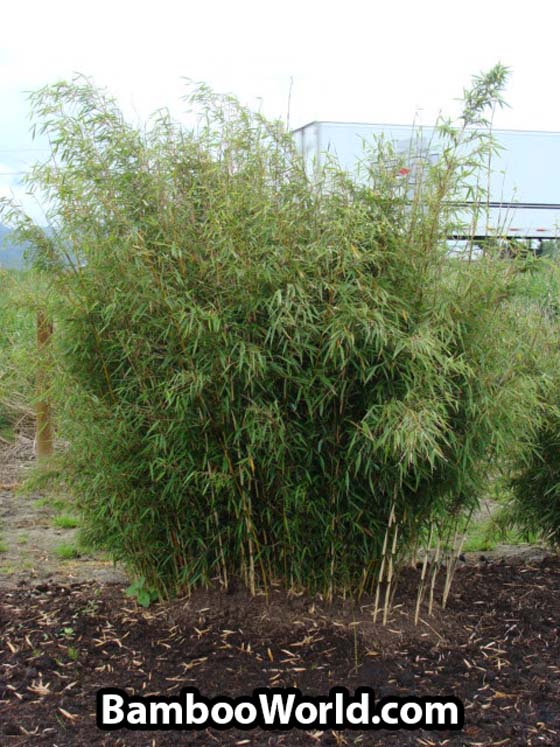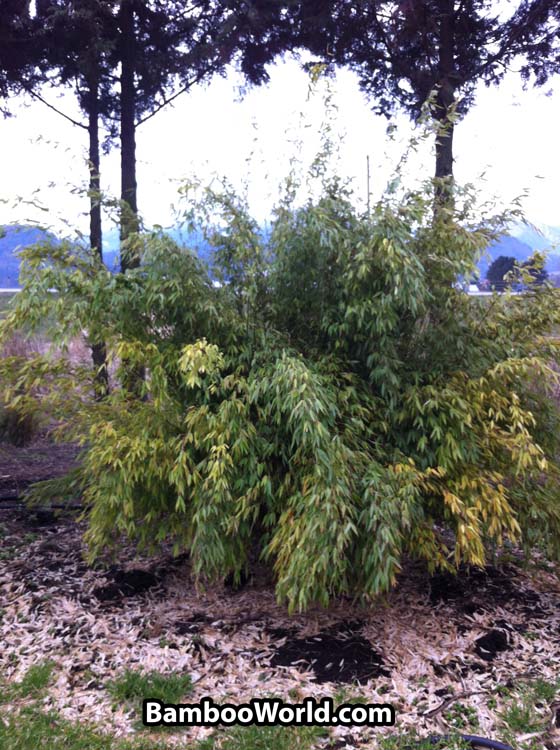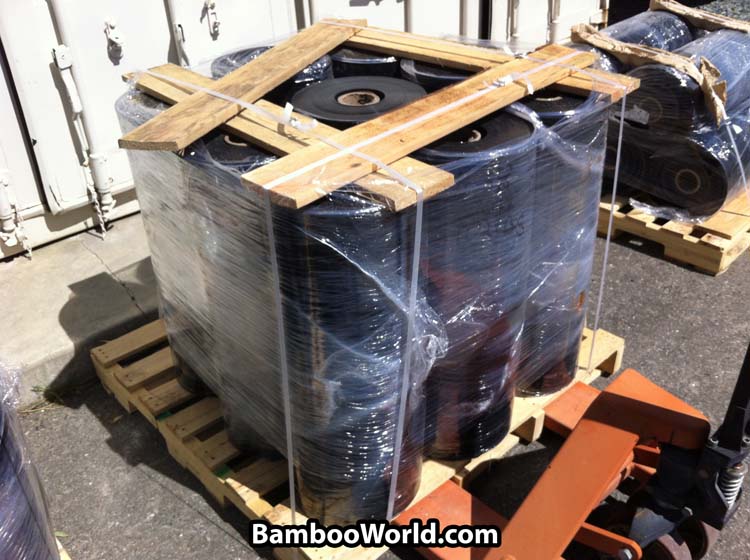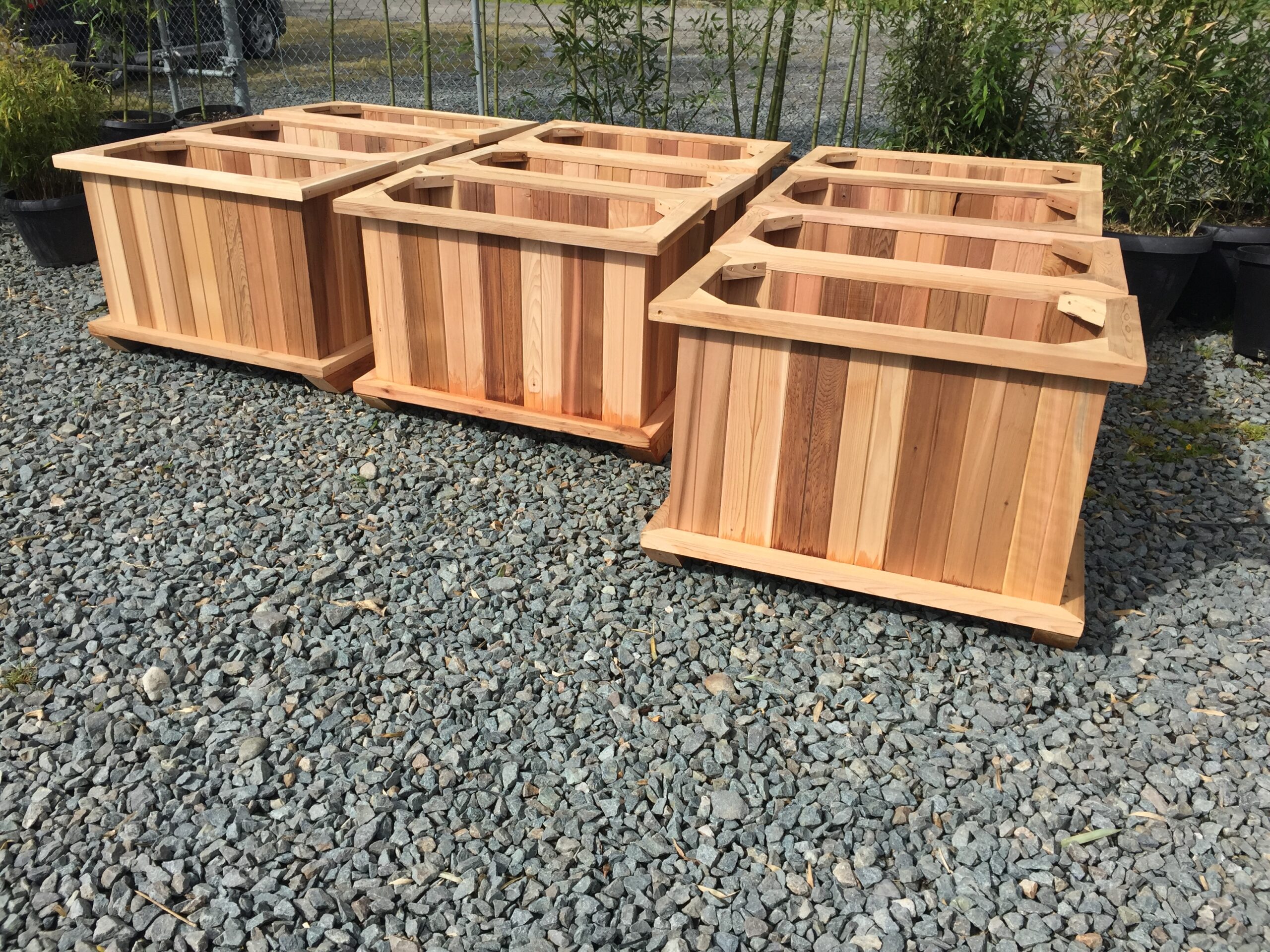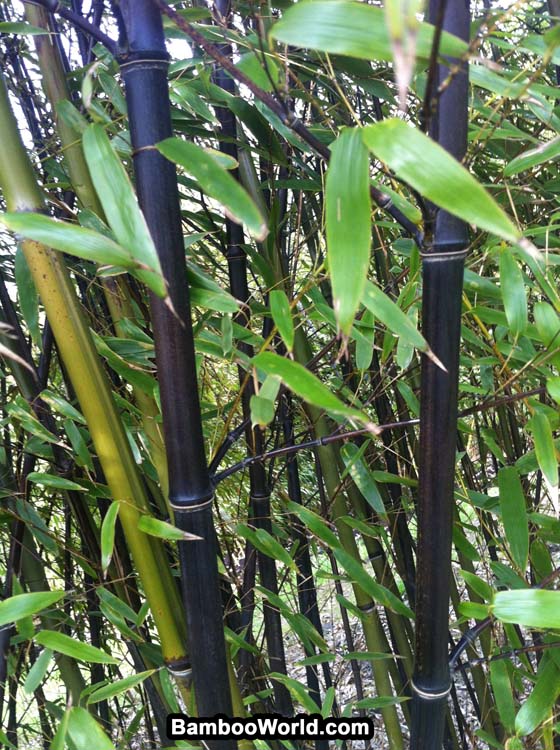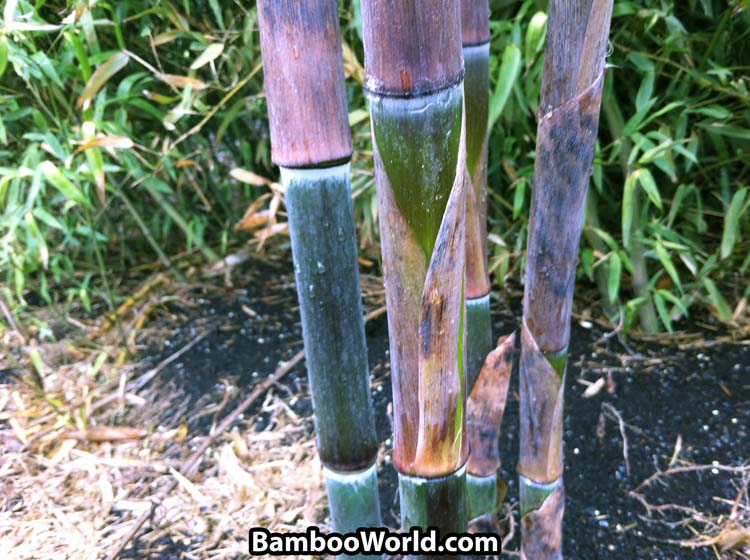The Fundamentals of Bamboo and Bamboo Products
Bamboo, a versatile and sustainable plant, has been used for centuries in various cultures for its strength, durability, and eco-friendly properties. Here are some fundamentals of bamboo and bamboo products:
Sustainability: Bamboo is one of the fastest-growing plants in the world, making it a highly renewable resource. It can grow several feet in a single day and reaches maturity in about three to five years, much faster than hardwood trees.
Strength and durability: Despite its low weight, bamboo is extremely durable. It has more tensile strength than steel, making it an excellent material for construction and manufacturing.
Versatility: Bamboo can be used in many products, including furniture, flooring, textiles, kitchenware, and even as a building material for houses and scaffolding.
Eco-friendly: Bamboo is biodegradable and produces 35% more oxygen than an equivalent stand of trees. It also requires less water and no pesticides/fertilizers to thrive, making it a sustainable alternative for environmentally conscious consumers.
Aesthetic appeal: Bamboo products often have a natural, elegant look that adds beauty to any environment. Its light colour and unique grain patterns make it a popular choice for interior design.
Health benefits: Bamboo is naturally antibacterial and hypoallergenic, making it an ideal material for products like cutting boards, clothing, and bedding.
Cultural significance: Bamboo is highly symbolic in many countries, symbolizing strength, flexibility, and prosperity. It is often used in traditional ceremonies and rituals.
Overall, bamboo and bamboo products offer a combination of strength, sustainability, and aesthetic appeal, making them a popular choice for environmentally conscious consumers looking for eco-friendly and stylish alternatives.

